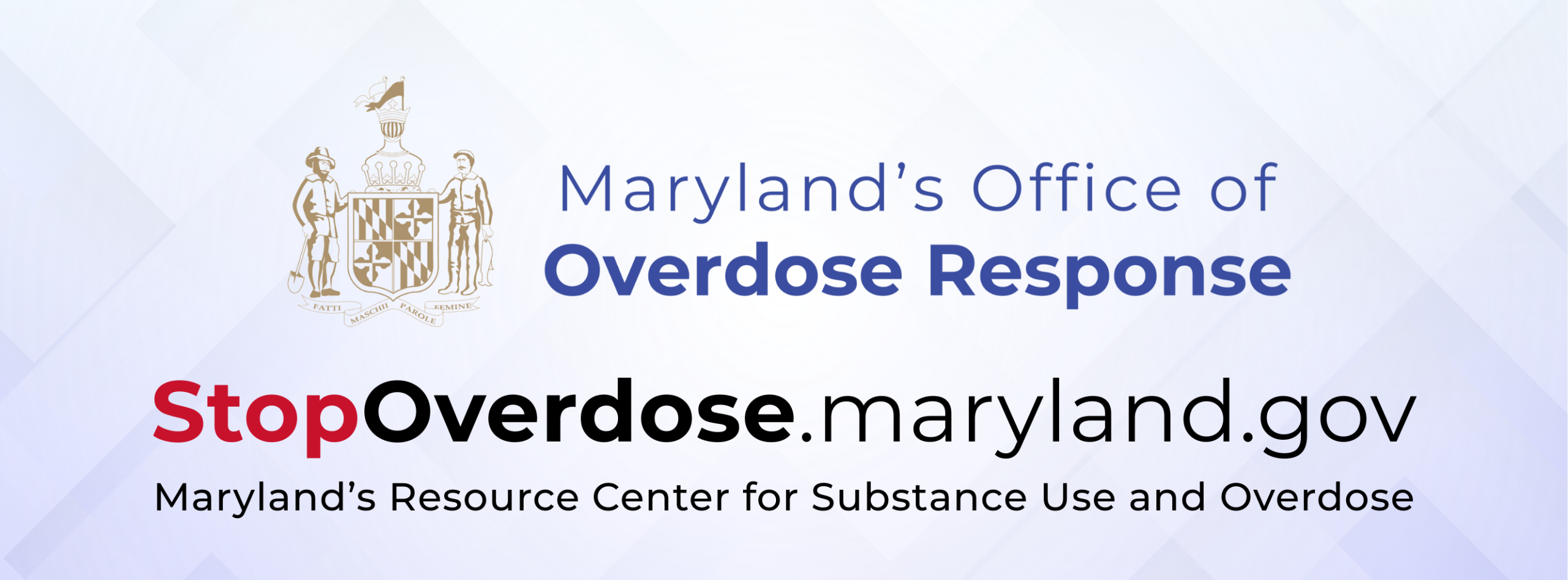Back to School: Warning Signs of Substance Use
Maryland Opioid Operational Command Center, Governor’s Office of Crime Control and Prevention Want You to Know, Before It’s Too Late
September 17, 2018
ANNAPOLIS, MD — No parent wants to think of their teen as having an alcohol or substance use problem, but it can happen. How do you spot the warning signs and what do you do? The Governor’s Office of Crime Control and Prevention and the Maryland Opioid Operational Command Center are offering a few tips on what to watch for and how to get help.
“The reality is that teenager moods can change from hour to hour and that’s a part of growing up,” said GOCCP Executive Director, Glenn Fueston, Jr. “But as parents, we have to be extra vigilant to know the difference between a normal part of development or something else.”
“Today, the risk of overdose is especially high, as fentanyl – which is 50 times more deadly than heroin – is being added to many prescriptions and other illicit drugs. Just a small amount can be deadly,” said Executive Director of the Opioid Operational Command Center, Clay Stamp. “That’s why it’s so important that we protect our most vulnerable, our youth and adolescents, from the dangers of drug use.”
Problems at school
- Frequently forgetting homework.
- Missing classes or skipping school.
- Disinterest in school or school activities.
- A drop in grades.
Physical signs
- Lack of energy and motivation.
- Red eyes and cheeks or difficulty focusing – alcohol use.
- Red eyes and constricted pupils – marijuana use.
- A strange burn on your child’s mouth or fingers – (possibly heroin) smoking through a metal or glass pipe.
- Chronic nosebleeds – cocaine use.
- Alcohol presence: finding it in your child’s room or backpack/smelling alcohol on his or her breath.
Neglected appearance
- Lack of interest in clothing, grooming, or appearance is not normal. Teenagers are usually very concerned about how they look.
Changes in behavior
- Teenagers enjoy privacy, but be aware of excessive attempts to be alone.
- Exaggerated efforts not to allow family members into their rooms.
- Not letting you know where they go with friends, or whom they go with.
- Breaking curfew without a good excuse.
- Changes in relationships with family.
Changes in friends
- No longer is friends with childhood friends.
- Seems interested in hanging out with older kids.
- Acts secretive about spending time with new friends.
Money issues
- Sudden requests for money without a good reason.
- Money stolen from your wallet or from safe places at home.
- Items gone from your home. (May be sold to buy drugs.)
Specific smells
- Odor of marijuana, cigarettes, or alcohol on teen’s breath, on clothing, in the bedroom, or in the car.
Drug paraphernalia
- Finding items in your child’s room, backpack, or car related to drug use. (Read the guide to drug paraphernalia here.)
Before It’s Too Late is Maryland’s effort to bring awareness to this epidemic and to mobilize resources for effective prevention, treatment, and recovery. Citizens grappling with a substance use disorder can find help at BeforeItsTooLateMD.org or by calling 211 and pressing 1.
-###-

 1-888-373-7888
1-888-373-7888 233733
233733